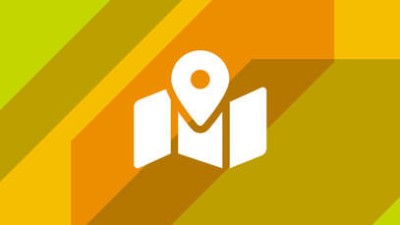Post-Graduation Salary and Career Info
Computational Mathematics BS
At RIT, you don’t just graduate with a degree, you graduate with the skills and hands-on experience to thrive in your chosen career.
First-Year Full-Time Salary of RIT Computational Mathematics BS Graduates
$56,600
Average
$55,000
Median
RIT publishes full-time salaries, outcome rates, and typical job titles for graduates within six months of graduation. Data is collected annually, and RIT graduate outcomes above are from the class of 2024.
Student Outcomes
100%
Outcomes Rate for Computational Mathematics BS
66.70%
Knowledge Rate
| Outcome | % of Students |
|---|---|
| Employed | 100.00% |
| Full-time Graduate Study | 0% |
| Alternative Plans | 0% |
This degree also has an accelerated bachelor’s/master’s option.
Career Services Contact






